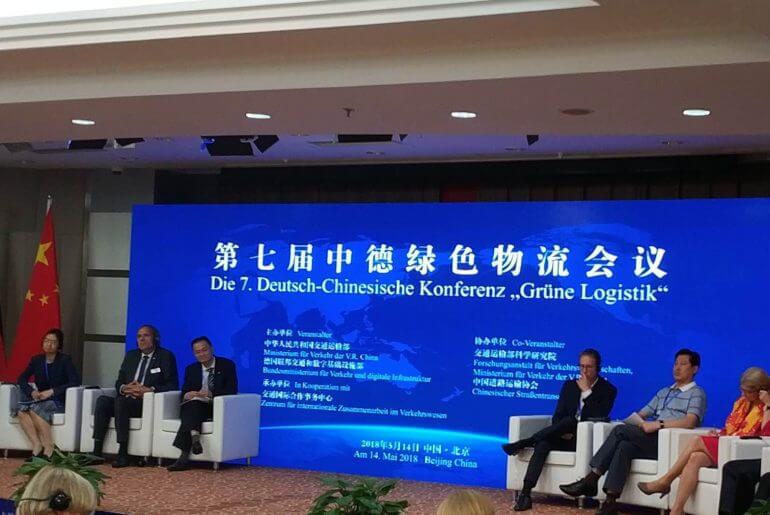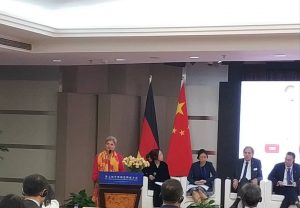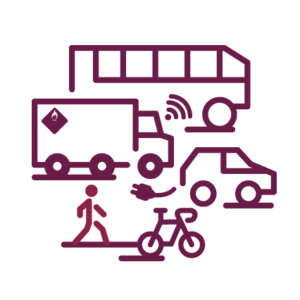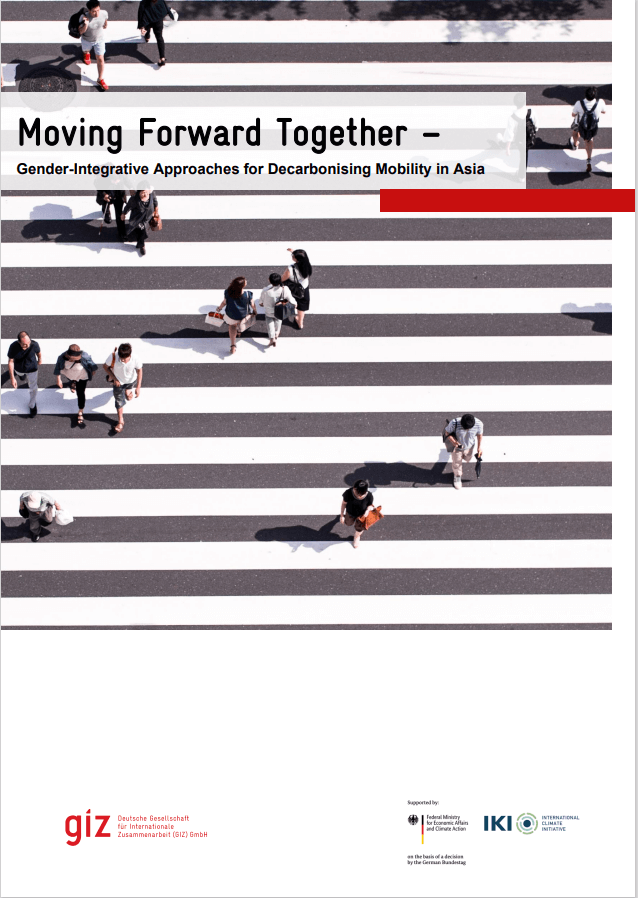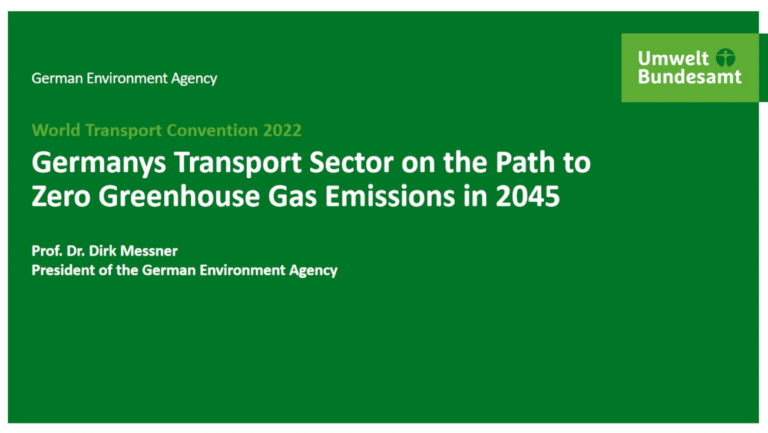The 7th Sino-German logistic conference was held on 14th May, 2018 in Beijng. The theme of this year`s conference was “Technological Innovation and Green Logistic”.
The conference was opened by the Vice Minister of the Chinese Ministry of Transport (MoT) Dai Dongchang and State Sectary of the Federal Ministry of Transport and Digital Infrastructure (BMVi) Steffen Bilger. Dai Dongchang presented how China promotes green logistic, for example by enhancing top-down design, optimizing and adjusting industrial structure, and by increasing energy efficiency.
Mr. Bilger talked about measures on energy conservation, sustainable development and green logistics in Germany. He stated that Germany and China should further promote the cooperation in green logistics, making greater contribution for sustainable development in the world.
As invited guest, Sandra Retzer, Head of Sustainable Transport, Energy and Urbanization of GIZ China, gave a speech on “Innovations for Green Ports — Mobility and Fuels Strategy for China”. On the one hand, she introduced the BMWi commissioned project “Mobility and Fuels Strategy (MFS) in the Jing-Jin-Ji Region” and the work of MFS in Tianjin port. On the other hand, she also showed German efforts in sustainable maritime transport as well as efforts in Germany to build green ports. At last, she emphasized the importance of digitization in the construction of future ports.
Development of Equipment for Green Logistics
The first round table after the keynote speeches dealt with green logistics, and particular how to reduce greenhouse gases in transportation.
Several German companies presented their solutions: For instance, DHL presented its GoGreen Strategy, which includes the Street Scooter – an electric delivery truck developed by DHL. DHL also mentioned its current testing efforts of hydrogen fuel cells for delivery and its efforts to set up pilots on autonomous driving for city logistics. VW presented solutions for emission reduction for the logistic process like application of NEVs, and mode shift to railway. Siemens introduced the pilot on E-Highway as a solution of climate protection in the logistics industry.
From the Chinese side, the Research Institute of Highway (RIOH) of the Ministry of Transport introduced policies, key technologies and on-going research on the development of green vehicles in China. The logistics enterprises Sinotrans presented the development demands of Centre Axle Trailer Train.
During the round tables, participants also discussed the challenges for small logistics companies in China and Germany, such as low acceptance of clean fuel vehicles due to the high costs. To increase acceptance, the Chinese and German governments will promote the low-carbon development of the logistics industry by introducing policies and measures to promote new energy vehicles. Large logistics enterprises are wishing to use NEVs under consideration of corporate image and responsibility of climate protection.
New development of intelligent logistics on the basis of big data
During the second round table of the conference, participants discussed the application of big data in the development of intelligent logistics, e.g. to lower logistic cost and increase competitiveness.
It seems that some logistics companies in China are also keen to embrace the big data in order to increase their competitiveness. For instance, by applying big data analysis and AI, Bao Yan, director of planning department at JD Logistics, the logistics arm of the Chinese e-commerce company JD.com, explained that JD Logistics could improve service efficiency so that 50% of products are delivered within 12 hours and 90% of products within 24 hours. In particular, JD Logistics uses AI to improve decision-making processes of transportation, delivery regions and delivery route plan.
Furthermore, big data platforms can increase transportation efficiency, e.g. by improving capacity scheduling and utilization, and transport planning. This is also available to small freight logistic companies, who can not only decrease the no-loading rate and distribution time, but also increase driving distance and monthly transport time. Also insurance companies are integrated in the data platforms: By utilizing the data, insurance companies can assess the transport situation of logistic companies and offer the appropriate insurance for their needs.
Overall, the conference offered the related organisations and companies in both China and Germany a chance to communicate with each other. Driven by electrification of commercial vehicles and application of big data, the development of green logistic can take a major step forward for more of sustainable transport.

